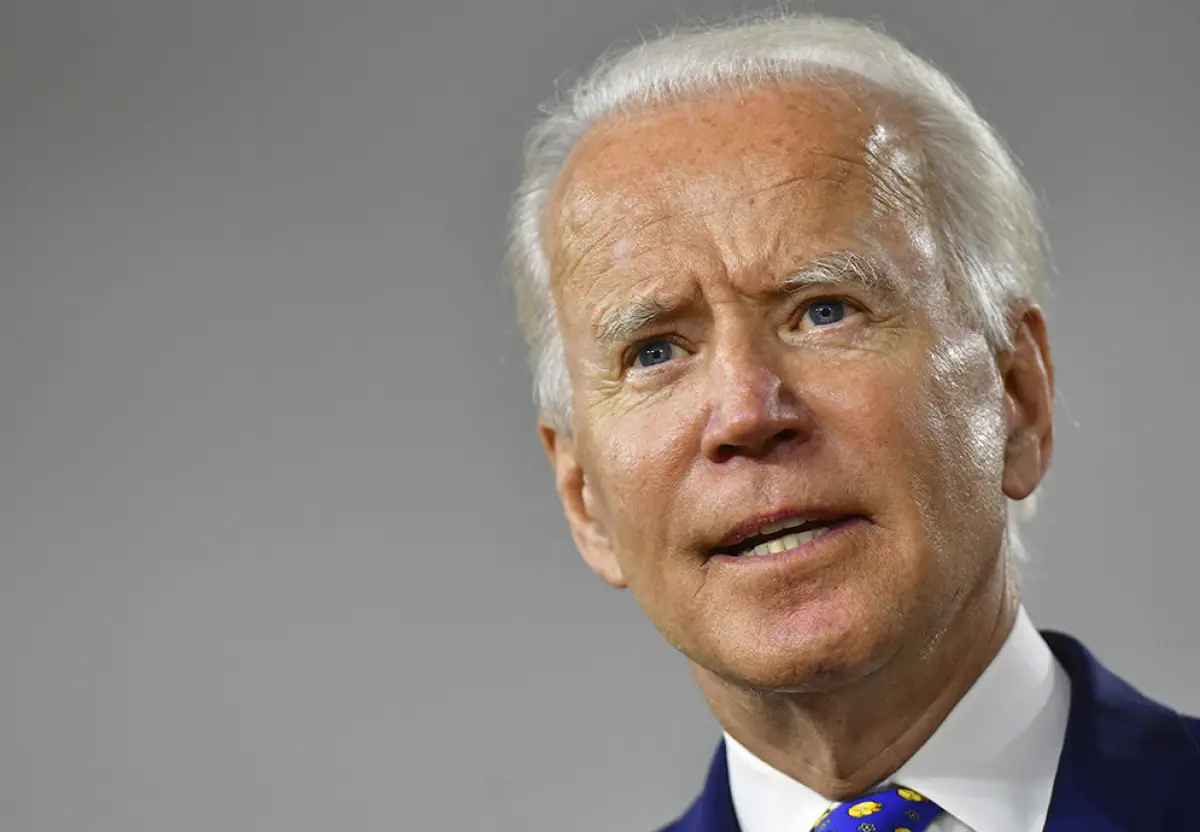Biden Drops 2028 Hint, Stirring Uncertainty Within the Democratic Party
In a surprising turn of events, former President Joe Biden and his wife, Jill Biden, have hinted at a potential return to the political spotlight in 2028, raising eyebrows across the Democratic Party. This revelation came after a private meeting with Democratic National Committee (DNC) chairman Ken Martin, setting off a wave of reactions within the party and sparking discussions about its future trajectory.
I. The Bidens’ Proposal: A Call for Renewal
Sources close to the Bidens revealed that they discussed taking on a more active role in the future of the Democratic Party, including stepping up fundraising efforts and reshaping party messaging. This proposal comes in the wake of the party’s struggles in recent elections, as many feel that the current direction has not resonated with voters. The Bidens’ suggestion to lead a revival has been met with mixed reactions, with some insiders criticizing their focus on maintaining their influence.
Some former staffers expressed concerns, suggesting that the Bidens’ ongoing presence may not be the solution the party needs. A few critics argued that the party would benefit more from fresh leadership and new ideas, rather than revisiting figures associated with past electoral challenges. One former adviser put it bluntly: “It might be time for a new generation of leadership.”
II. The Reactions: A Party Divided
The Bidens’ proposal has sparked debate over the direction of the Democratic Party. For many, the Bidens’ public persona and political history could be hindrances rather than assets. The party has faced challenges in attracting key donors, with many questioning whether relying on familiar figures is the right approach. One anonymous party insider remarked that many donors were seeking new leadership, rather than the same individuals from the past.
A growing number of Democrats believe that the party must adapt to the shifting political landscape by welcoming fresh faces and new perspectives. As one party member put it, “The future requires leadership that can connect with today’s voters, not leaders who belong to an earlier era.”
III. The Broader Debate: Time for Change?
At the heart of the debate is whether Joe Biden still has a place in shaping the future of the party. Some former administration officials contend that his continued involvement may prevent the party from evolving and connecting with younger, more diverse voter groups. These critics argue that a new generation of leaders is essential to restore trust and credibility with the electorate.
Despite these concerns, others believe that Biden’s experience and ability to navigate Washington’s political landscape could still be valuable. While some acknowledge the challenges Biden has faced, particularly regarding public perception, they also point out that his institutional knowledge could help steer the party through a volatile political environment.
IV. The Bidens’ Post-Presidential Career
Since leaving office, Joe Biden has continued to engage in public life through book promotions and speaking events, managed by Creative Artists Agency (CAA). However, these endeavors have not been as widely successful as anticipated. Biden’s memoir, Promise Me, Dad, and his accompanying speaking tour received lukewarm responses, which has raised questions about his ongoing relevance in today’s political climate.
Some have criticized Biden’s post-presidential ventures as lacking the impact needed to maintain public interest. This has led some to wonder if his re-emergence in the political sphere might be more about holding onto past prominence than offering a fresh vision for the party.
V. Looking Ahead: The 2028 Election and Beyond
The potential for the Bidens to play a role in the 2028 election raises important questions for the Democratic Party. If the Bidens take a central role, it could further polarize an already divided electorate. Some view their involvement as a means of providing stability, while others fear it would alienate younger voters who are seeking change.
With the challenges of economic uncertainty and changing demographics, the Democratic Party will need strong leadership to remain competitive. The decision about who will lead the party in the coming years could have lasting consequences, particularly in terms of appealing to a diverse and evolving voter base.
VI. Social Media and Public Perception
The Bidens’ potential return to the political scene has generated intense discussion on social media, with many expressing skepticism or frustration. Critics have taken to platforms like Twitter to voice their concerns, arguing that the party needs a shift away from the past. “It’s time for new leadership,” one comment read, reflecting the growing sentiment that the party should look forward, not backward.
However, some long-time supporters of the Bidens have defended their continued role, highlighting their decades of service and ability to navigate complex political situations. These supporters argue that experience matters, especially in times of crisis.
VII. A Critical Moment for the Democratic Party
The Bidens’ proposal to reassert themselves in the political arena is emblematic of the challenges facing the Democratic Party today. The party must decide whether it will continue to rely on familiar faces or embrace new leaders who can inspire a fresh sense of direction. Many are calling for a more inclusive and forward-thinking approach that reflects the values and aspirations of a changing electorate.
As the 2028 election approaches, the party will have to reconcile these competing visions for its future. Whether it embraces the Bidens’ legacy or looks to a new generation of leadership will be a defining moment in the party’s evolution. In the end, the ability to adapt and respond to the needs of modern voters will determine the party’s success in the years to come.
